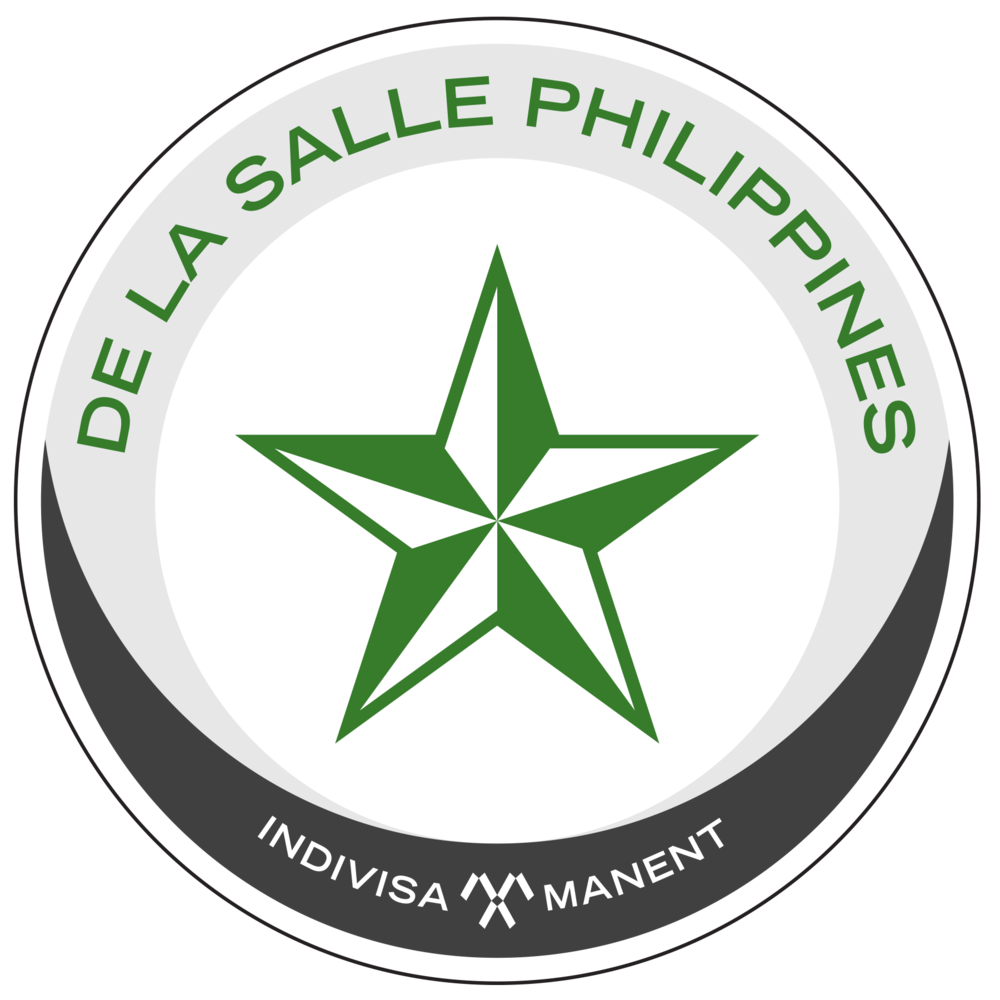A special information page prepared by the Lasallian Justice & Peace Commission.
![]()
What is PDAF?
PDAF stands for “Priority Development Assistance Fund,” the official name of the congressional “pork barrel” — a lump sum amount in the national budget, which is nearly PhP25 billion this year (2013). It is just about 1% of the national budget but it could be and is strategically used by politicians to gather voters' support. It used to be called Countrywide Development Fund (CDF) in the past Congresses.
Why is it called “pork barrel”?
The term dates back to a time when preserving meat was actually done in wooden barrels for future consumption. The term has since seeped into popular usage as a metaphor for the allocation of political largesse. In the Philippines, the first “pork barrel” came with the passage of the 1922 Act No. 3044 on public works.
How is the fund released and (mis)used?
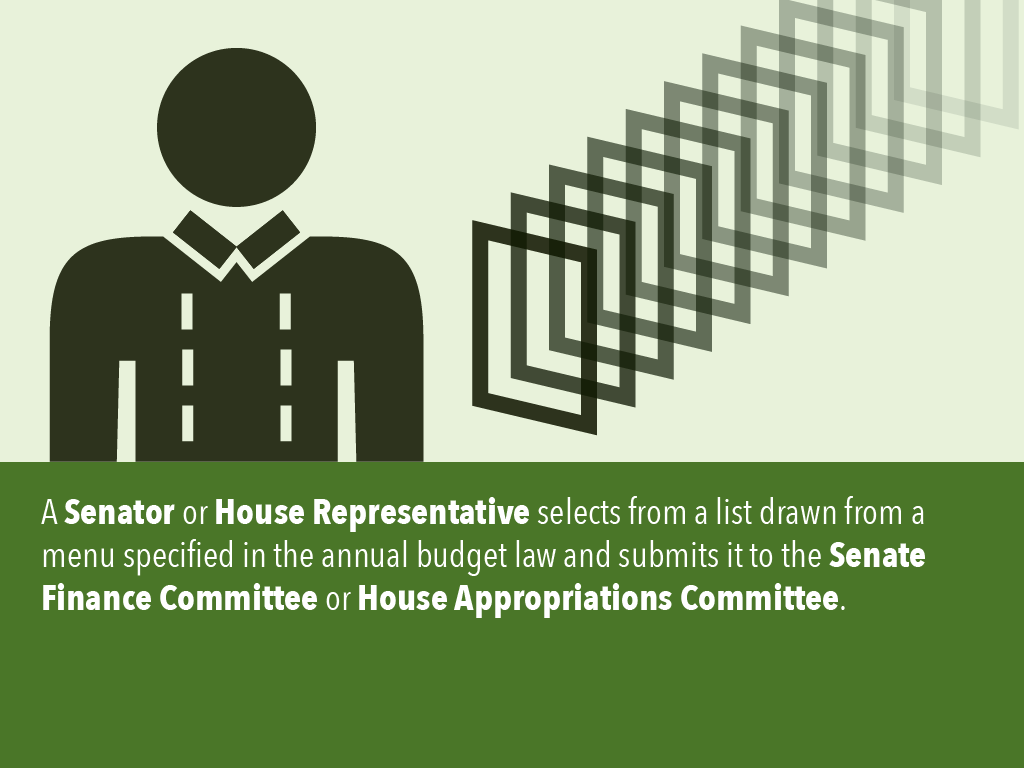
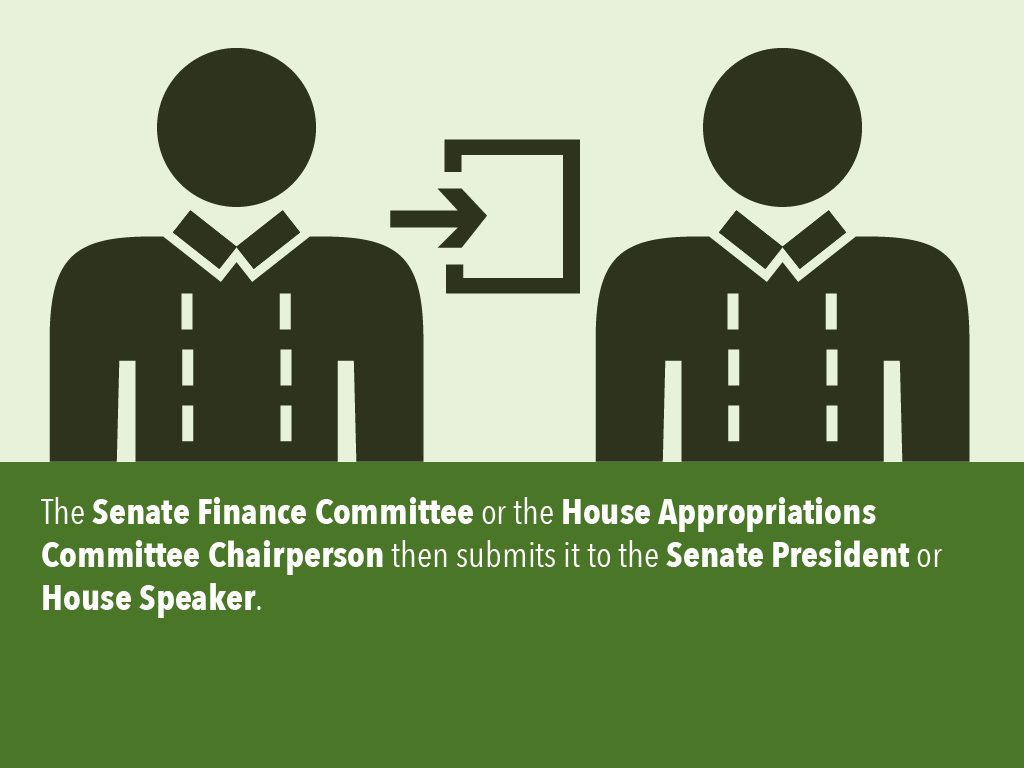
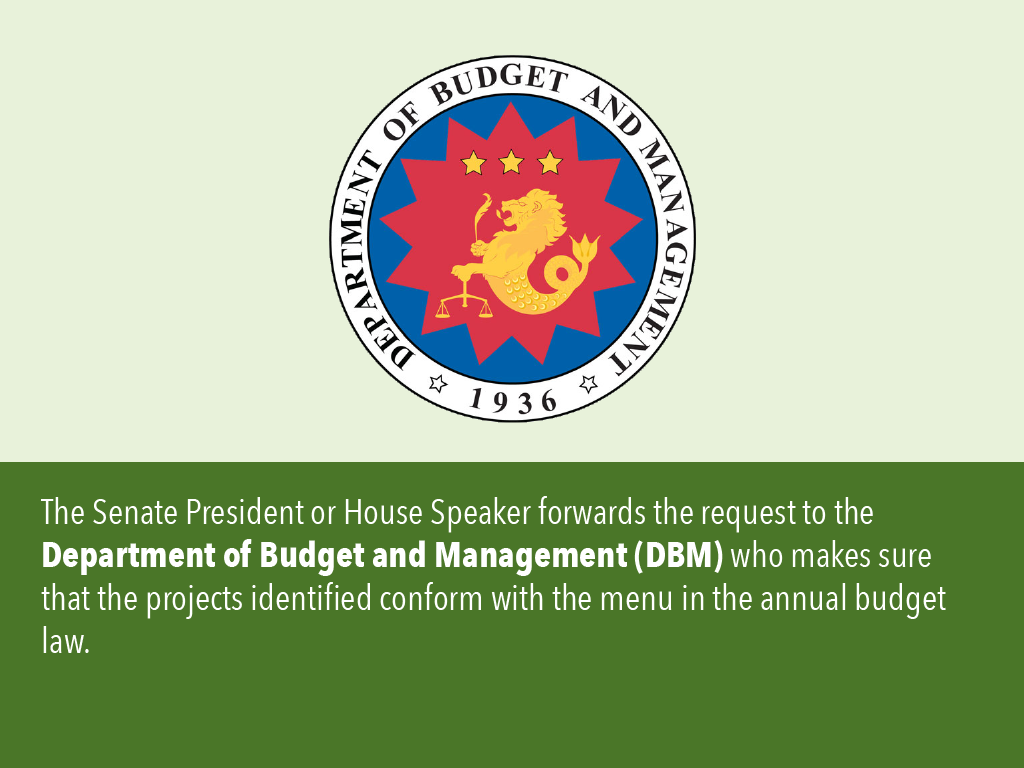
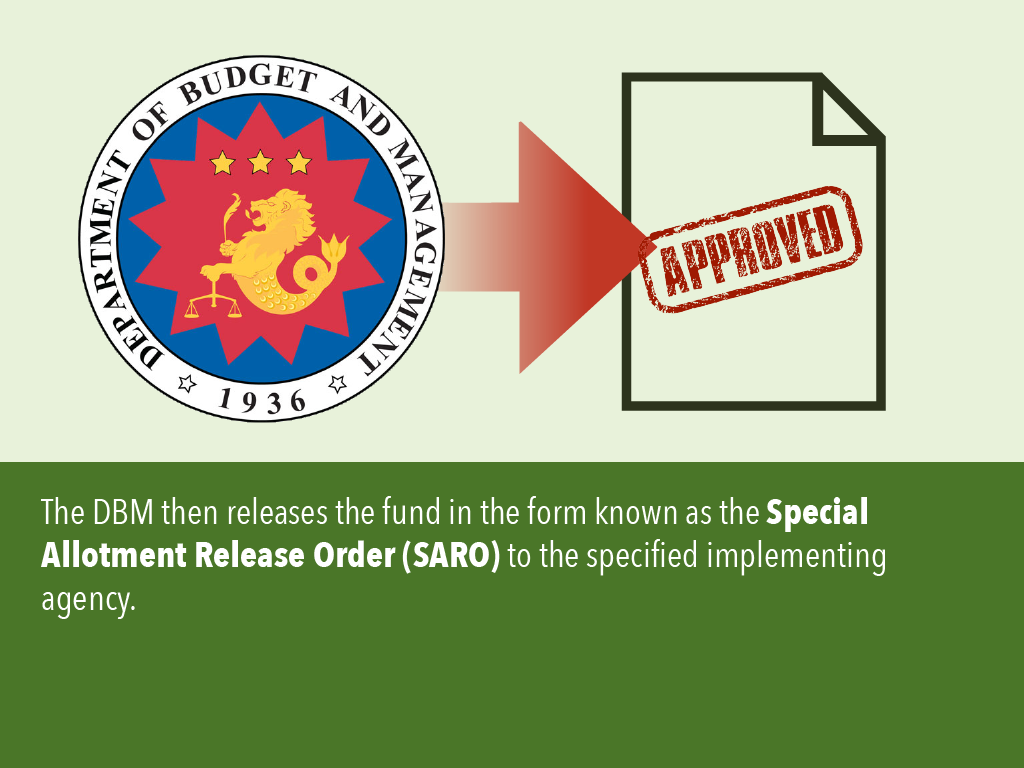
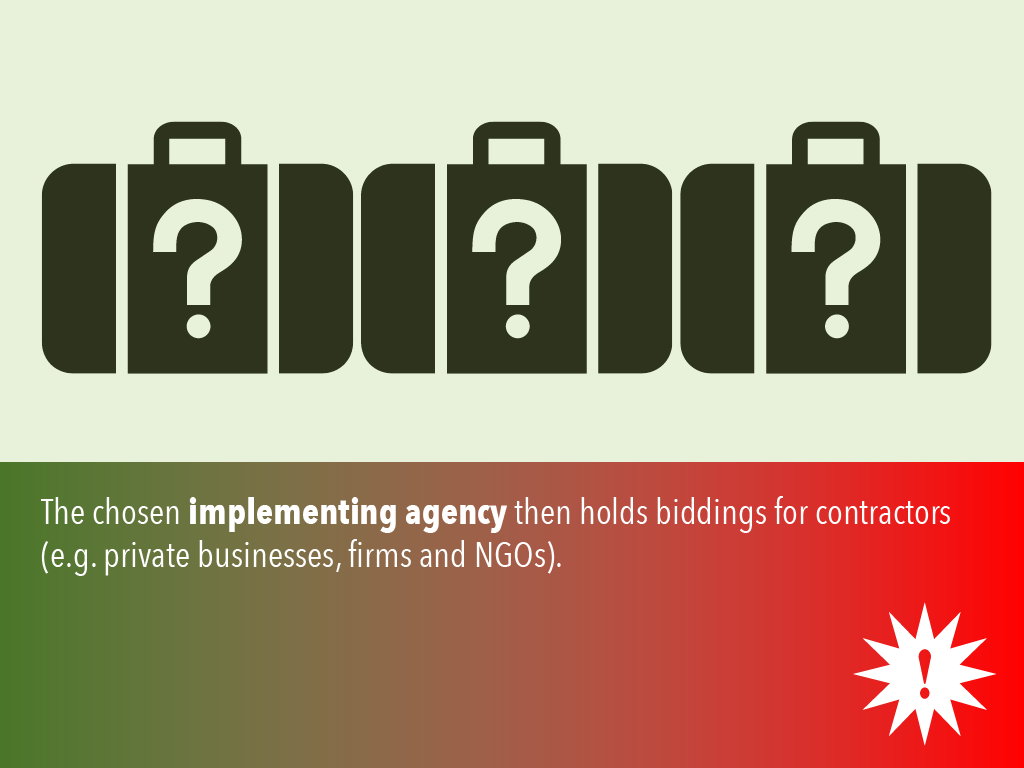
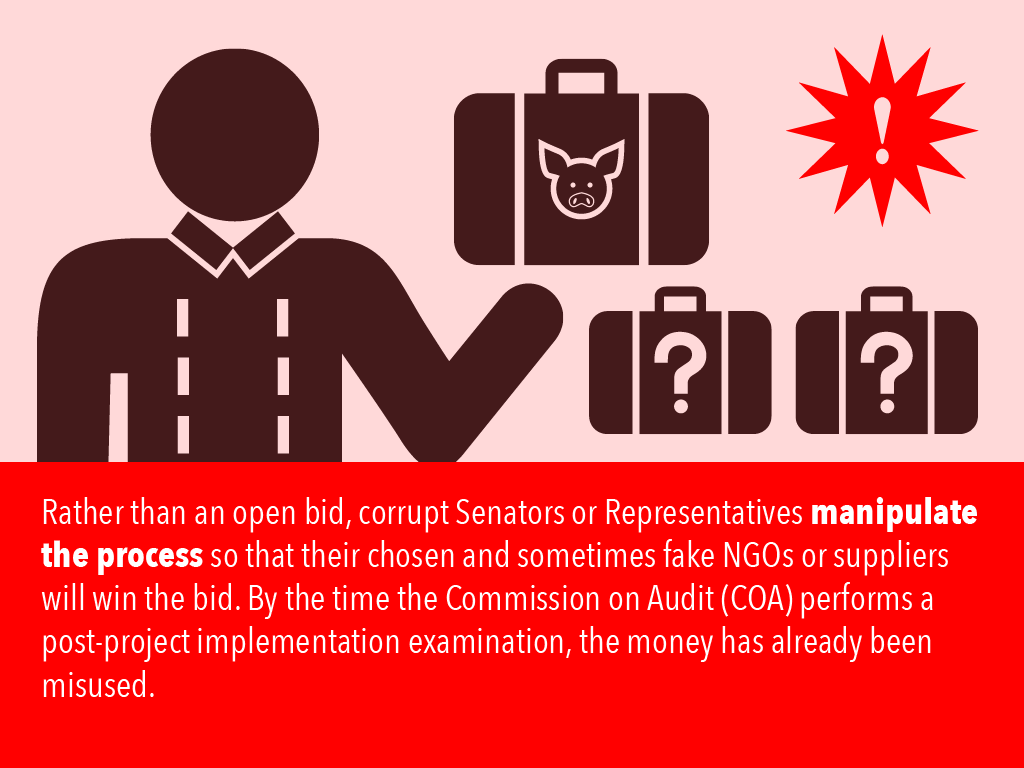
Where does PDAF come from?
“The National Budget, that money comes from YOU, from us, so we should have a voice in how that money is spent. ”
What’s Wrong with PDAF?
PDAF is a staple source of corruption— a tool of political patronage, not development.
In the Napoles case alone, which covers PDAF use for only a few years, PhP10 billion in public funds is at issue. As a sizable discretionary fund, even with so many safety mechanisms in place, PDAF is a staple source of corruption. More problematic is that PDAF serves as a tool to reproduce the conditions of traditional, elite politics in the country — the rich get even richer in government and they can use public funds to court and keep votes, and thus stay in power. Historically, congressional pork is the means by which traditional politics, not just plain corruption in the form of individual enrichment, is reproduced in the country’s legislature. Pork, by any other name — Public Works Fund, CDF, PDAF, or by whatever official name it may come — leads to non-inclusive development as public funds get to be used for personal political and economic gain.
The book The Rulemakers (2004) had this to say: “Defenders of pork barrel say itensures that development funds are made available even to the remotest barangay.For sure, pork funds have helped needy patients and built schoolhouses for poorchildren. But pork is primarily a tool of political patronage, not development. Itis also a rich source of corruption, with many legislators enriching themselvesfrom commissions from pork-funded projects. The billions spent on pork drainthe national treasury and distort national development.”
You may download a PDF copy of this page here.
REFERENCES
- Coronel, S. (ed.) Pork and other perks: corruption and governance in the Philippines. PCIJ, 1988.
- Coronel, S. et. al. The rulemakers: how the wealthy and well-born dominate congress. PCIJ, 2004.
- GMA News
- Philippine Star
- National Budget Circular, 20 February 2012
